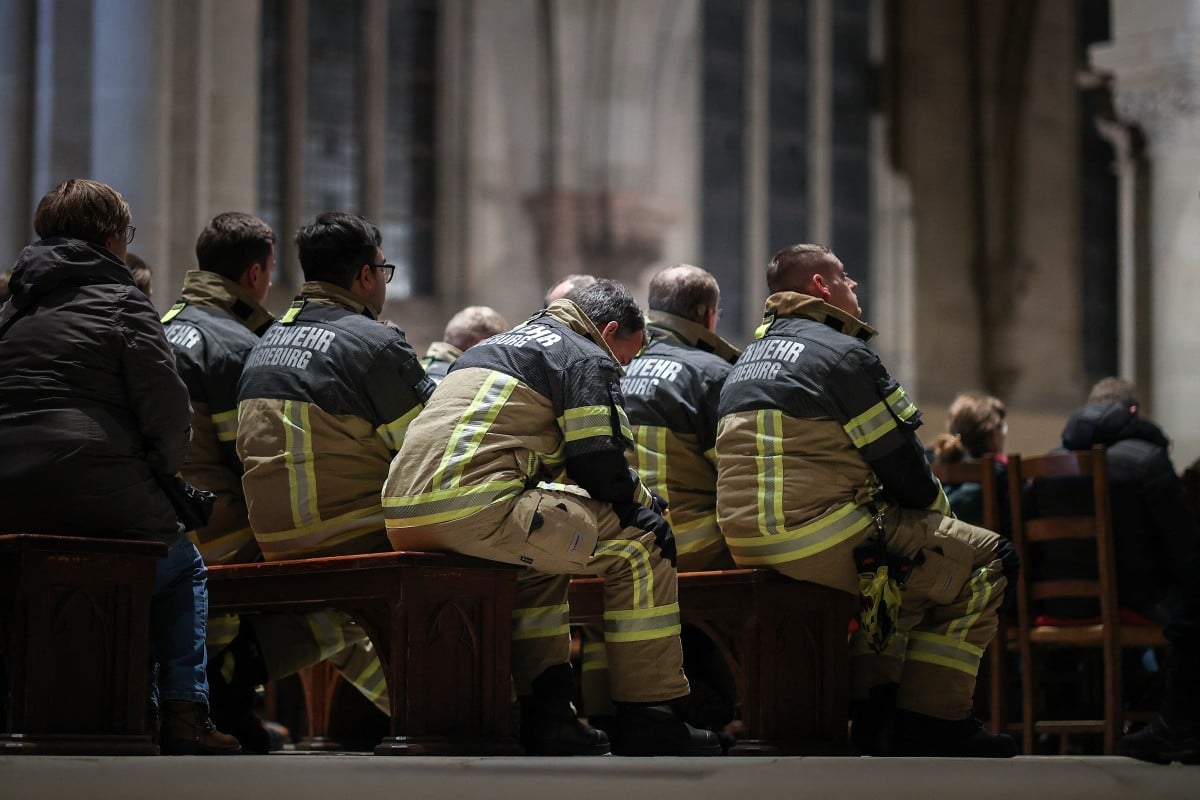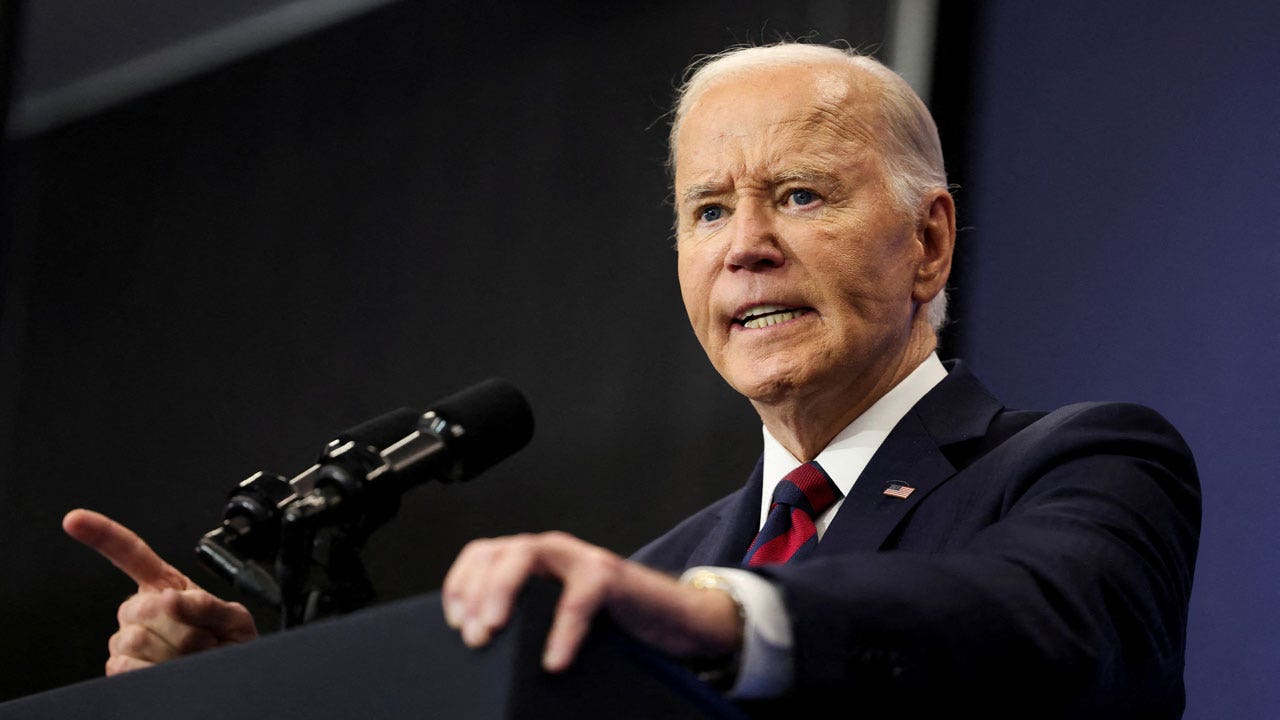Berlin (d.de) – On the occasion of the 140th anniversary of the Berlin West Africa Conference, Foreign Minister Annalena Baerbock recalled Germany’s historical responsibility for its colonial past. “We cannot undo what happened in the past. But we can work together to build a better future. In order to so, it is crucial to identify and acknowledge injustice,” Baerbock wrote in an opinion piece in the daily newspaper Frankfurter Rundschau. “Coming to terms with the past does not just mean asking for forgiveness: it also means doing things better and more fairly from now on,” wrote Baerbock, adding that this was why Germany supported demands on the part of African states “to be adequately represented internationally – whether in the G20, in the international financial institutions or on the UN Security Council.”
At the Berlin West Africa Conference from 15 November 1884 to 26 February 1885, representatives of 13 European states, the USA and the Ottoman Empire divided up Africa among themselves at the invitation of the German Empire. Africans were not invited.
“German colonial policy was marked by injustice, violence and racism. It resulted in the wars of annihilation in former German South-West Africa and the genocide of the Herero and Nama, for which our country bears historical responsibility,” Baerbock wrote. But she also noted that Germany was making diverse efforts to acknowledge and make amends for the injustice committed, as far as this was possible today: during his trip to Tanzania in 2023, for example, Federal President Frank-Walter Steinmeier asked for forgiveness “for the atrocities committed during the suppression of the Maji Maji Rebellion in the former colony of German East Africa”, saying that Germany also bore historical responsibility for the “wars of annihilation in former German South-West Africa and the genocide of the Herero and Nama”. This was acknowledged by the Federal President during his trips to Tanzania and Namibia, and also by Minister of State at the Federal Foreign Office, Katja Keul.
For Germany, facing up to its responsibility also meant returning looted cultural assets such as the Benin bronzes to Nigeria, it was said, as well as ensuring the dignified handling of the well over 16,000 human remains in public collections that were taken to Germany during the colonial era. The Federal Government supports both the identification of such items in German museums and research into their provenance. The Foreign Ministry established its programme “German Colonial Rule – Scholarship Programme for Cooperative Research” and also had research carried out into its own historical involvement. In addition, the Federal Foreign Office is launching a series of dialogues entitled “Colonial Reappraisal in Dialogue with Civil Society” at the end of November.
140 years after the Berlin West Africa Conference, it was important to “build trusting partnerships”, wrote Baerbock: “In order to understand our past. And work towards a common future.”





















Discussion about this post